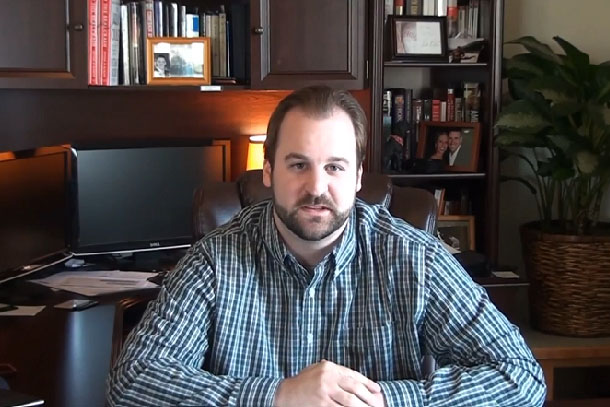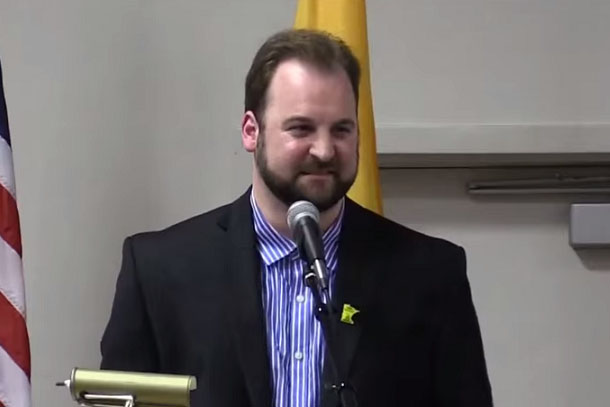About Me
Dave specializes on topics related to the United States Constitution, founding principles, and American history...

Dave specializes on topics related to the United States Constitution, founding principles, and American history...

Enter my online shop to purchase all of my published works, including Thomas Paine: A Lifetime of Radicalism...

Dave contributes to the Tenth Amendment Center, Mises Institute, and makes many podcast appearances...
Known as the “Penman of the Revolution,” he endured a struggle that would tear at his ideological core and spur his political activism. Despite all adversity in front of him, Dickinson worked meticulously to produce a freer society. He did so while recognizing small strides were important ones.
It has been suggested that this system would not eradicate the Electoral College at all, since the states have this power according to Article I. However, the paramount goal of those who advocate this system is to replace the Electoral College entirely, and for each state to adopt this approach. In doing so, it is effectively a “backdoor” way of amending the Constitution to eliminate the Electoral College entirely.
In Article I, Section 8, the Constitution provides the following power to Congress: “To declare War, grant Letters of Marque and Reprisal, and make Rules concerning Captures on Land and Water;”
The inclination to grant monopoly power to the federal government in order to define the extent of its own authority has proven disastrous. Instead, we can bring about the potential of nullification with the understanding that liberty is more likely to exist when localities are spurred to act as a bulwark of resistance against federal overreach. The catalyst for this remedy must always be the individual.
While it may surprise many, Jefferson Davis detested nullification. Davis went to lengths not only to condemn nullification itself, but also to criticize proponents of nullification within his own state.
Despite all historical evidence to the contrary, it is often claimed that the Constitution is a “living document” that is easily malleable through semantics and modern desires for extended federal power.